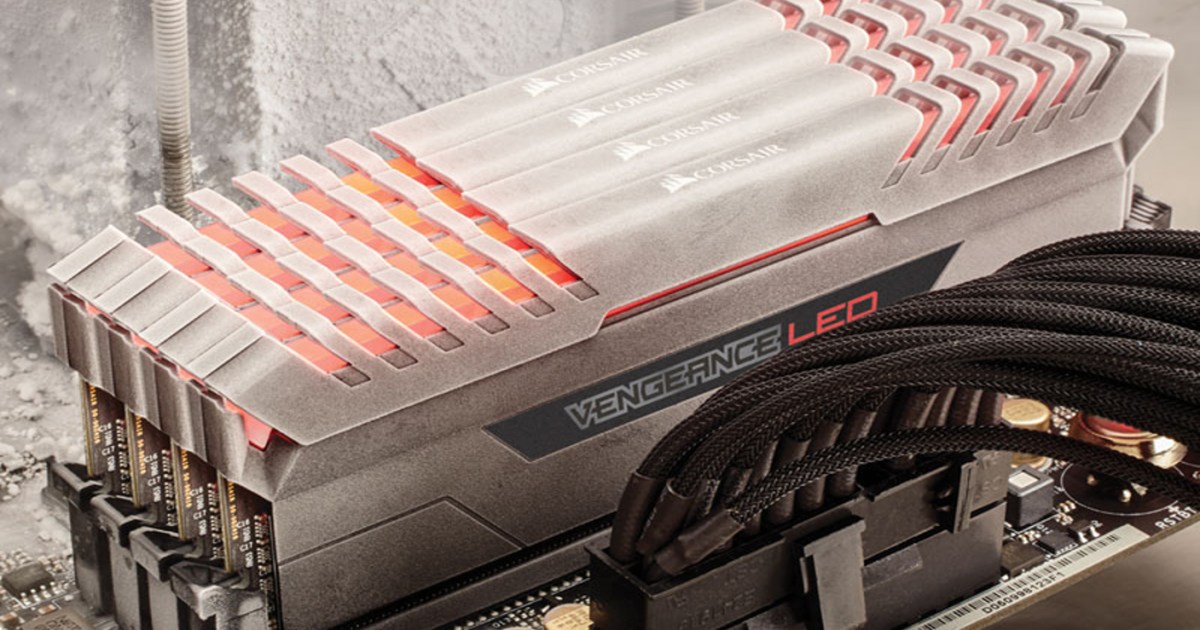Random access memory, often referred to as RAM or memory, is a crucial component of any computing device. The amount of RAM in modern PCs, tablets, and phones usually ranges from 2GB to 32GB or more. Determining the right amount of RAM you need is essential for optimal performance.
Simply adding more RAM to your computer will not necessarily make it run faster if you already have enough. It’s important to match your RAM to your usage needs to avoid wasting money on unnecessary upgrades. While some games may specify requiring 16GB of RAM, having 32GB won’t always result in faster performance. However, ensuring that background tasks have enough memory can enhance performance in more demanding applications.
In this guide, we will help you determine how much RAM you need for different devices, including tablets, laptops, desktops, and gaming machines. If you’re wondering about the RAM requirements for smartphones, we also have a separate guide for that.
How much RAM do you need?
For most PC and laptop users, targeting 16GB of RAM is a good starting point. This amount provides sufficient memory for modern games, multitasking with multiple web browsing tabs, and running resource-intensive applications like video editing software. While you may need more or less depending on your specific usage, 16GB is a recommended baseline if you’re unsure about your RAM needs.
For a more detailed perspective on RAM requirements, here are common RAM quantities and ideal user scenarios associated with each:
- 4GB: Found in low-end Chromebooks and some tablets; suitable for extreme budget users.
- 8GB: Installed in entry-level laptops; adequate for basic Windows gaming at lower settings.
- 16GB: Excellent for Windows and MacOS systems, suitable for gaming, especially with fast RAM.
- 32GB: Ideal for professionals and high-end gamers, offering enough capacity to handle any game.
- 48GB: Utilizing non-binary memory kits can save costs for those needing more than 32GB but less than 64GB.
- 64GB and more: Reserved for enthusiasts, engineers, professional AV editors, and similar demanding users needing higher RAM capacities.
It’s important to remember that buying more RAM than necessary does not provide performance benefits and can be considered wasted expenditure. Focus on purchasing the right amount of RAM based on your actual needs and prioritize key components like the CPU and graphics card for upgrades.
RAM explained
How much RAM for tablets?
How much RAM for laptops?
How much RAM do you need for gaming?
Ram speed vs. capacity
Upgrading your RAM can be easy and inexpensive
Frequently asked questions
Do I need 8 or 16GB of RAM?
Can too much RAM be bad?
Is 8GB of RAM enough for Windows 11?
Editors’ Recommendations


